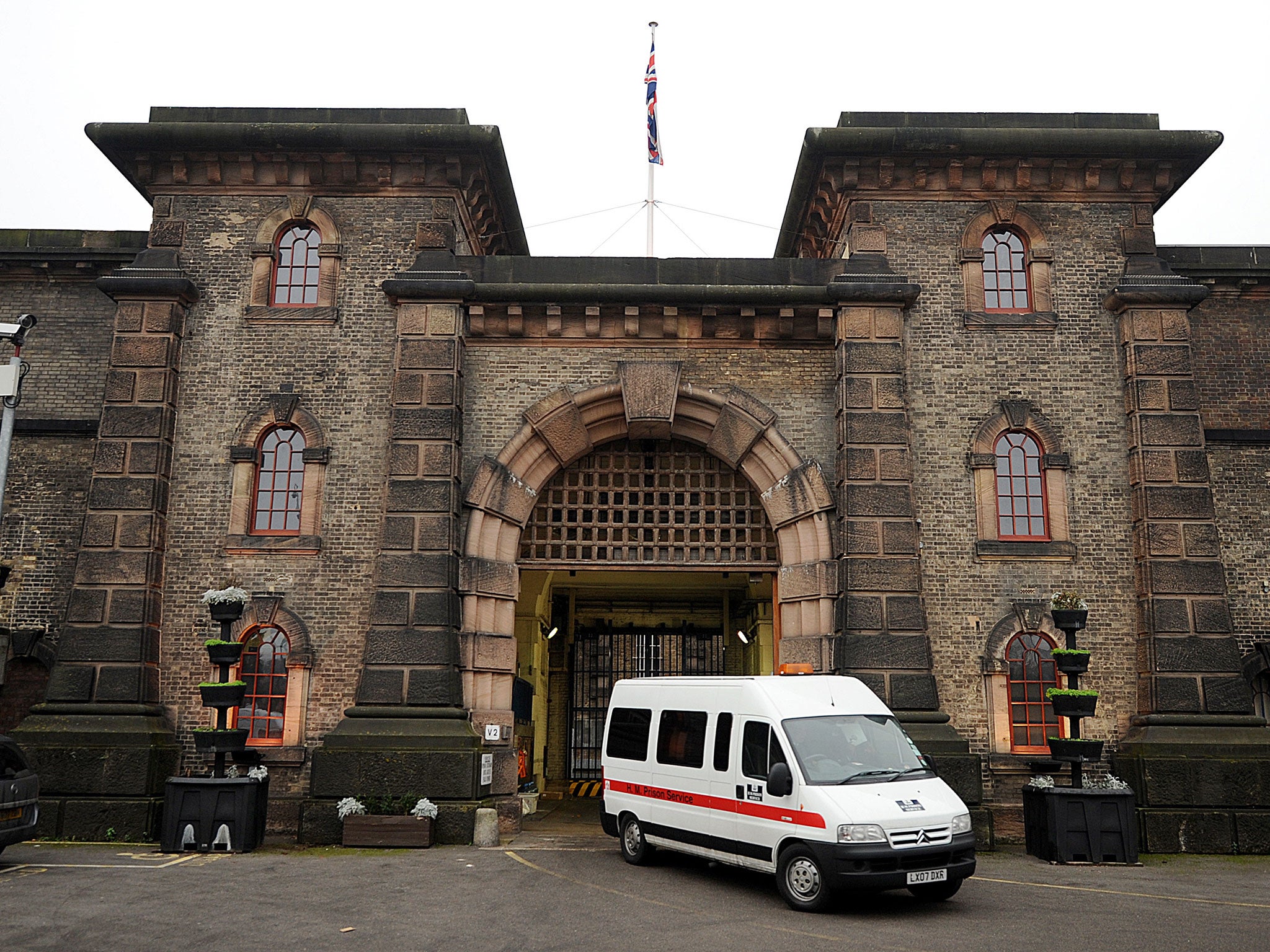Prison privatisation won't work: effective, rehabilitating prisons are in all of our interests
The privatisation scramble extends far beyond all of these aspects of our everyday lives, into the critical exercises of the power of the state over individual citizens


Your support helps us to tell the story
From reproductive rights to climate change to Big Tech, The Independent is on the ground when the story is developing. Whether it's investigating the financials of Elon Musk's pro-Trump PAC or producing our latest documentary, 'The A Word', which shines a light on the American women fighting for reproductive rights, we know how important it is to parse out the facts from the messaging.
At such a critical moment in US history, we need reporters on the ground. Your donation allows us to keep sending journalists to speak to both sides of the story.
The Independent is trusted by Americans across the entire political spectrum. And unlike many other quality news outlets, we choose not to lock Americans out of our reporting and analysis with paywalls. We believe quality journalism should be available to everyone, paid for by those who can afford it.
Your support makes all the difference.This government’s privatisation folder is bulging at the seams.
There’s an unseemly rush to sell off the (profitable) Royal Mail, a scramble to hand over the East Coast Mainline (profitable), and to hand over the NHS to a cadre of private firms that have shown they’re good at tendering for contracts, if not at delivering on them.
They are all disturbing, all make it clear that this government is driven by ideology, not any sort of sense, in its rush to convert public funds into private profits, despite the long trail of failures .
But the privatisation scramble extends far beyond all of these aspects of our everyday lives, into the critical exercises of the power of the state over individual citizens.
If this government has its way, we’ll be seeing Stobart defence lawyers speaking in front of G4S judges, with testimony from Virgin security officers, before defendants are sent off to Serco jails, then they're put in the "care" of Atos probation officers.
The Green Party is campaigning against all of these privatisations (and for the return of public services to public hands: you might want to ask your MP if they’re backing Caroline Lucas’s Private Members’ Bill that calls for the railways to be brought back into public hands).
One of these issues is going to attract less attention than the others, but it deserves at least as much. That’s prison privatisation: not necessarily a popular cause, despite the valiant efforts of the Howard League for Penal Reform and other campaigners, but important in fact to all of us, since effective, compassionate, rehabilitating prisons are in all of our interests.
All of the evidence that the already extensive privatisation programme is delivering extremely poor results, while two of the companies involved are being investigated for possibly having overcharged the government by “tens of millions of pounds” elsewhere in the justice system. But still the government pushes on.
We have an already privatisation-ridden prison system, the highest rate in Europe, and double the percentage of the private prisons in the US. Until September last year the cost of tendering, evaluation, mobilisation and transition of prisons is £10.7 million The Prison Reform Trust has set out many of the other problems.
The Green Party is backing the PCS campaign for a review of prison privatisation. It’s clear that what’s happening now is not working – the private sector is delivering poor quality, even dangerous, prison services, not terribly surprising since it is paying low wages and using generally inexperienced staff. That’s the normal pattern for privatisations, but particularly dangerous in this important sector.
There’s much we need to change in prisons – to reduce the number of prisoners, mainly those on short sentences that demonstrably fail in terms of both deterrence and rehabilitation; to provide stable, effective education and treatment that can fit prisoners to return to society and slash re-offending rates; and to improve the provision of alternatives to jail, particularly in the case of female offenders, who suffer from a very uneven spread of women’s centres.
But, finally, whatever arguments might be made about efficiency, about cost, about results, there’s a far more fundamental issue is at stake when it comes to prisons and privatisation, and all other coercive arms of the state from police to the military to border guards: these powers should only every be exercised by public servants, people employed by the state, whose line of reporting runs straight up to the minister, the secretary of state and the prime minister.
When they have the right to detain, to remove individual’s liberty, to restrain and even inflict harm, only full, complete democratic accountability is good enough.
Join our commenting forum
Join thought-provoking conversations, follow other Independent readers and see their replies
Comments